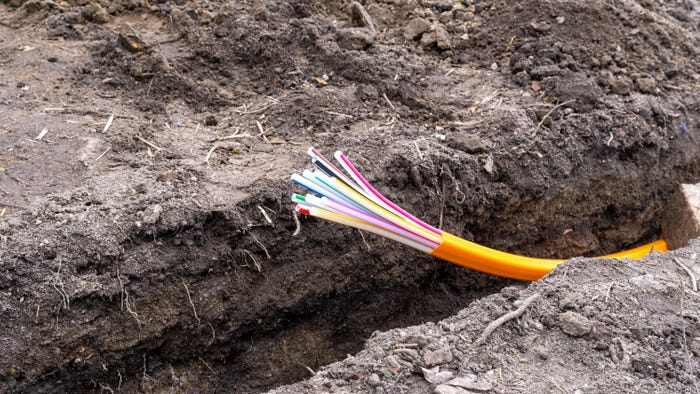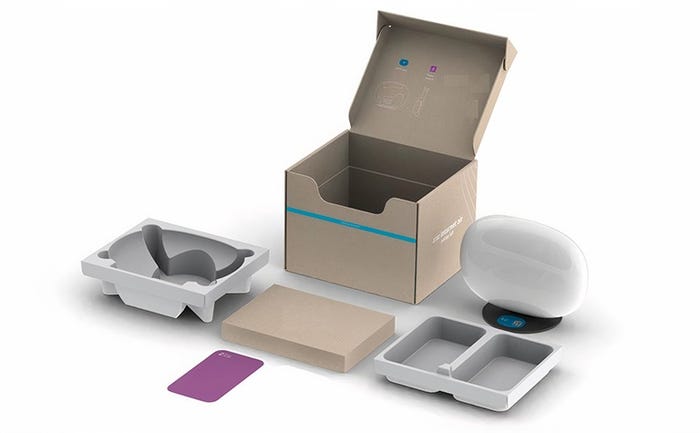thumbnail
Sponsored Content
Navigating the Journey to Fixed-Mobile ConvergenceNavigating the Journey to Fixed-Mobile Convergence
You can divide the task of running a communications infrastructure into three big buckets: people, processes, and technology. But what if you’re running multiple access infrastructures at once? Just multiply. #Sponsored
Subscribe and receive the latest news from the industry.
Join 62,000+ members. Yes it's completely free.










.jpg?width=300&auto=webp&quality=80&disable=upscale)




























.jpeg?width=300&auto=webp&quality=80&disable=upscale)



